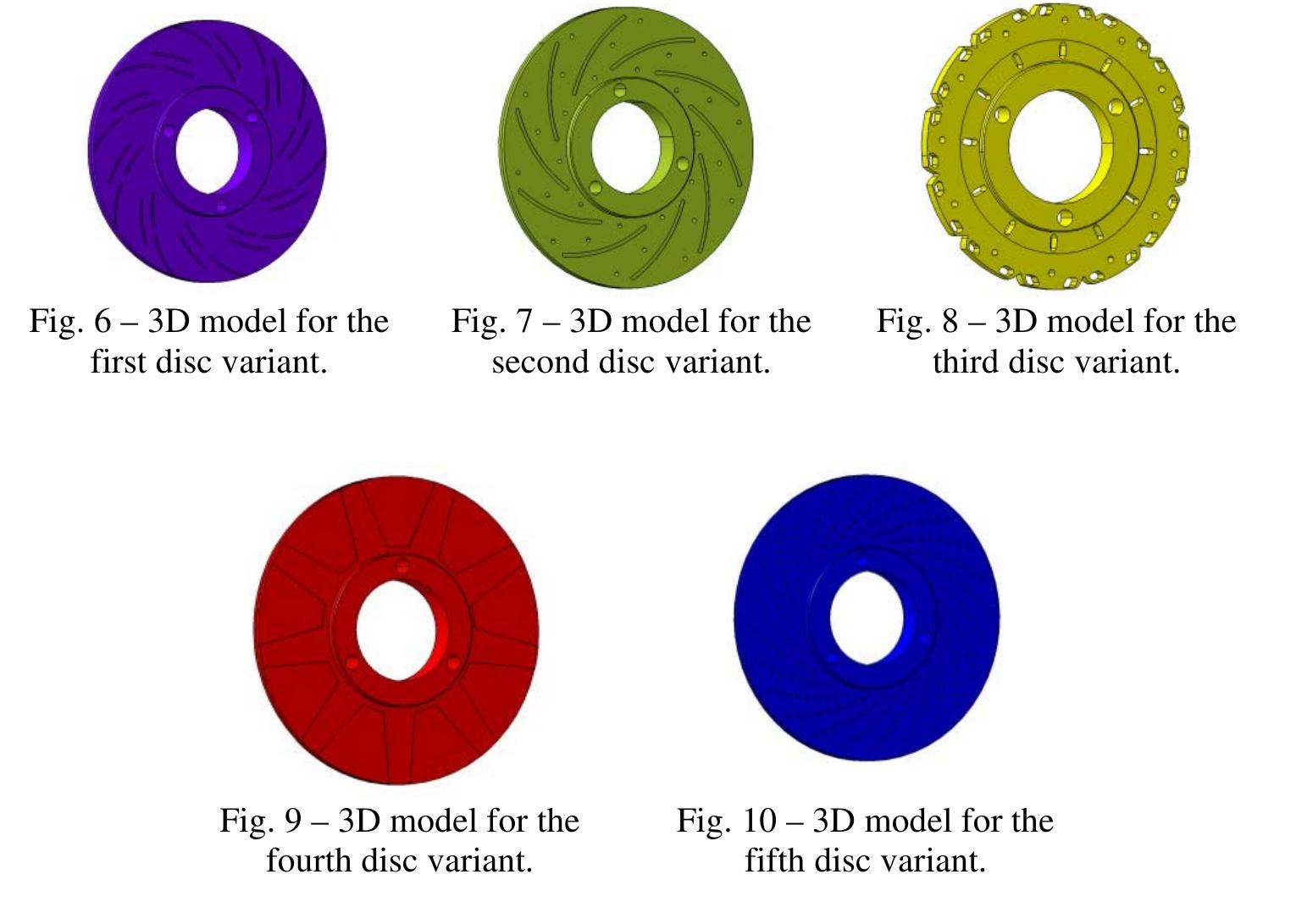Key research themes
1. How can hydraulic brake system design improvements enhance safety and braking performance in heavy vehicles and trailers?
This research theme centers on advancements in hydraulic brake system design targeting heavy vehicles such as trailers, tractor-semitrailers, and agricultural trailers. Focus is given to improving braking efficiency, mitigating risks associated with traditional braking configurations, and enhancing driver and pedestrian safety. The key importance of this theme lies in preventing accidents under heavy loads and challenging road conditions, optimizing brake response time, and ensuring smoother braking dynamics.
2. What are the advances in electronic and fuzzy logic-based brake control systems for improving anti-lock braking system (ABS) performance and overall brake system reliability?
This line of research explores the integration of electronic controls, fuzzy logic, and real-time data acquisition to enhance anti-lock braking system functionality and dynamic brake management. It addresses challenges related to nonlinearity, sensor noise, parameter uncertainties, and the need for adaptive, robust control strategies to maintain wheel slip stability, optimize braking distance, and improve driver feedback under variable conditions. Such approaches push brake system performance toward safer emergency response and stability control.
3. How do material composition and structural design of brake pads and rotors influence braking efficiency, heat dissipation, and tribological performance?
This thematic focus investigates the effects of brake pad and rotor materials, including compositions derived from agro-waste or alloys, and geometric configurations on frictional behavior, thermal management, wear, and overall braking reliability. By optimizing friction materials and rotor designs, including slots and perforations, research aims to balance mechanical durability with thermal stability for improved brake lifespan and safety, especially under high-load or high-speed conditions.





























































































